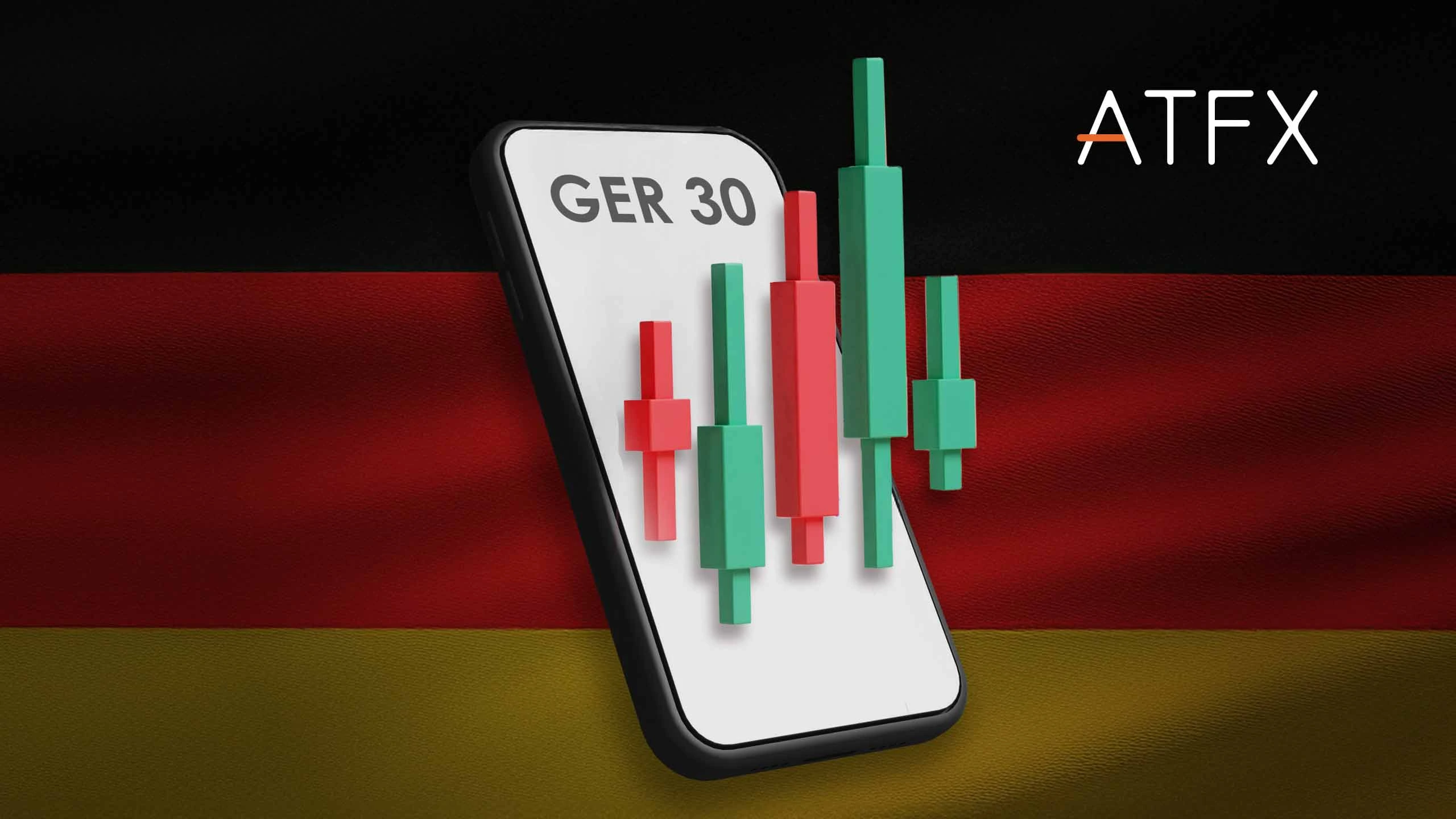Brent and West Texas Intermediate (WTI) crude oil prices climbed over $1 on Friday following comments by US Energy Secretary Chris Wright, who suggested Washington may halt Iran’s oil exports to pressure Tehran into resuming talks over its nuclear program.

Brent crude futures settled at $64.76 per barrel, gaining $1.43 or 2.26%. Meanwhile, US WTI crude ended the session at $61.50 per barrel, also rising by $1.43 or 2.38%.
Andrew Lipow, president of Lipow Oil Associates, noted that “a strict crackdown on Iranian crude exports would tighten global supply,” though he added that China is likely to keep importing oil from Iran despite international sanctions.
Wright’s remarks helped lift oil prices after a turbulent week of trading, largely driven by new tariff measures introduced by US President Donald Trump. The increased trade tensions have forced market participants to reassess geopolitical risks in the energy sector. “The US emerging as a geopolitical risk is a new dynamic,” said John Kilduff, partner at Again Capital. “This could reset the global energy landscape in a way similar to the aftermath of Russia’s invasion of Ukraine.”
In a retaliatory move, China announced on Friday that it would raise tariffs on US goods to 125%, effective Saturday. This followed Trump’s decision earlier in the week to increase tariffs on Chinese imports to 145%.
Although Trump postponed the implementation of certain tariffs on other trade partners for 90 days, the escalating US-China trade war is expected to hamper global trade flows, disrupt supply chains, and slow economic activity—factors that could weigh on global oil demand.
Ole Hansen, head of commodity strategy at Saxo Bank, commented, “Even with some tariffs being delayed—excluding those against China—the market had already absorbed the damage, and oil prices remain under pressure to find stability.”
Additionally, the US Energy Information Administration (EIA) warned that sustained tariff tensions could dampen global economic growth forecasts, subsequently lowering oil demand projections for both 2025 and 2026.
According to a Reuters poll, China’s economic growth in 2025 is expected to decline compared to the previous year, due to mounting pressure from US tariffs on the world’s largest crude importer. Analysts at ANZ Bank further warned that if global economic growth slips below 3%, oil consumption could fall by as much as 1%, citing insights from senior commodity strategist Daniel Hynes.


